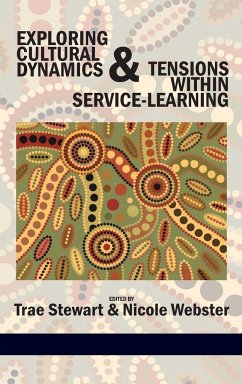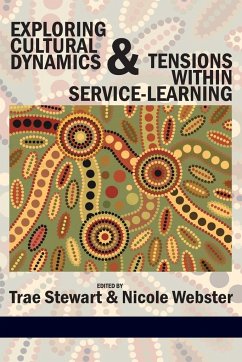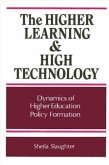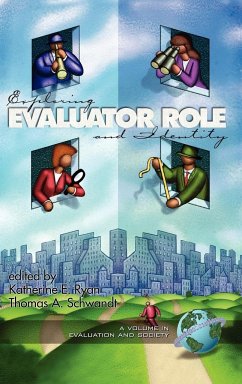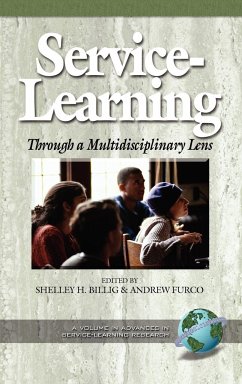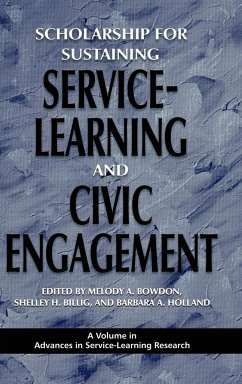Service-learning is an exciting pedagogy and field of study, offering insight into how academic study and community engagement blend to create social change. In its most traditional conceptualization, servicelearning activities typically manifest within communities where outside individuals address a need. Servicelearning is purported to have a transforming effect on individual student perspectives by providing students the opportunity to interact with people and enter into situations that allow students to test their predisposition towards others. However, the literature on the impact of service-learning on participants' acceptance of diversity and development of open-mindedness reports mixed outcomes. The purpose of this book is to explore cultural tensions and dynamics within the field of service-learning. It is not meant to be an exhaustive review of the interplay between culture and service learning, but rather a starting point for an ongoing conversation about how this complex topic impacts the field. In 18 chapters, educators, students, and administrators investigate the cultural values of servicelearning itself and the tensions created when this is at odds with the values of others within K-12 and higher education in the United States and abroad. Authors include community organization representatives, researchers, directors of offices of community engagement, university administrators, junior and senior faculty, and former service-learning undergraduate students. Submissions reflect a range of genres, including theoretical/conceptual pieces, position papers, case studies, and other traditional academic essays, challenging how students and community members are affected by the cultural tensions within service-learning engagement.

